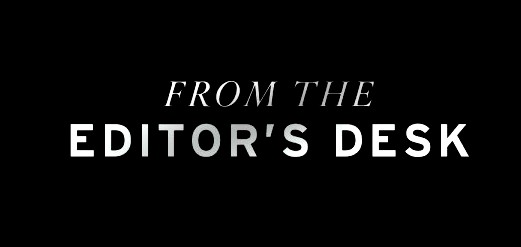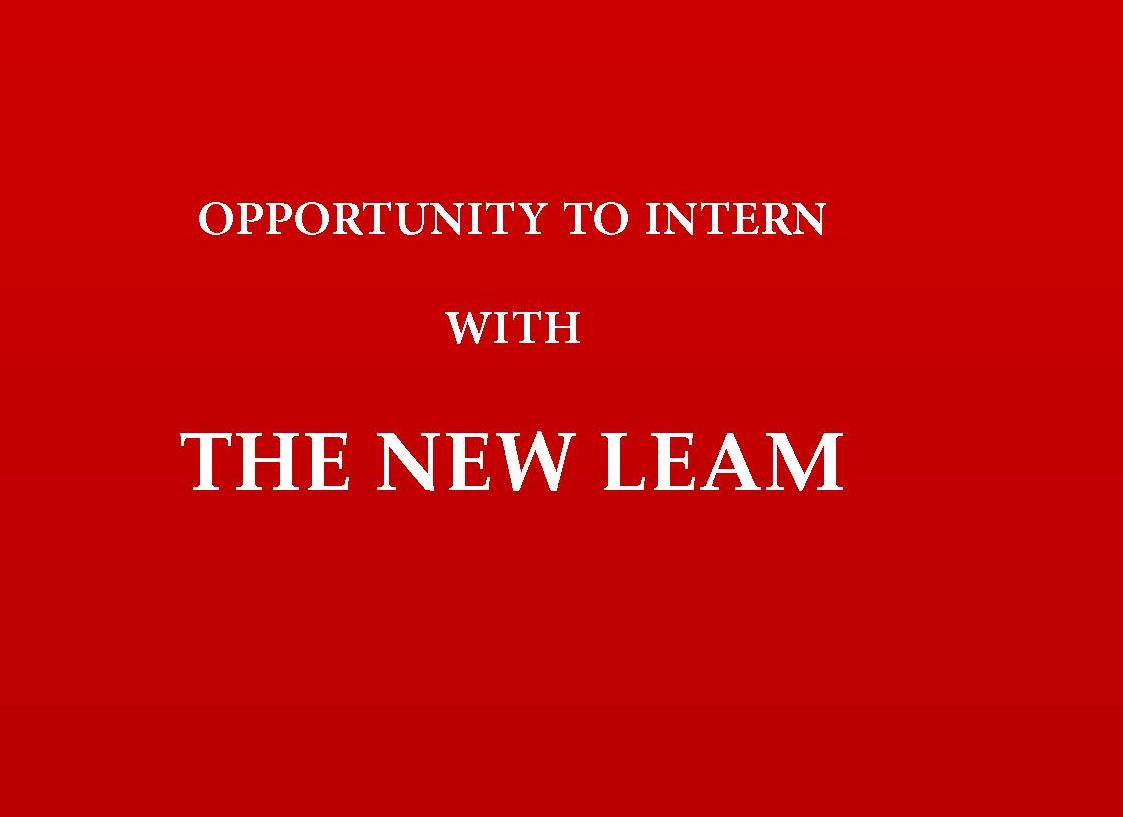LEARNING MATERIAL
Rethinking Cinema as a Possibility of Hope and Inspiration
Cinema with its powerful imagery has the ability to transform the mundane into the extraordinary. Here a researcher interprets a beautiful film on education and invites all to rethink the prevalent culture of hierarchical/mechanical learning.
By Aditi Banerjee
A few months ago while taking an entrance examination; I was asked whether I thought visuals could be sociological. If I happened to agree then how would I use it in my research? There are times not very frequent, when certain questions make one think critically about things that we otherwise consider ‘banal’ and common place.
After having written the answer for that question, I was reflecting on dimensions of ‘meaningful’ cinema and how it could help one to observe the banal things with wonder, amazement and criticality of course. As a undergraduate student I was once told by the professor to watch “Dead poets Society”. For the first time when I watched it, I liked the movie for it entertained me and I was happy after watch watching it and that was it.
However after that examination I watched the movie again and it was only then when I realized the depth of that movie which laid before me a plethora of ‘realities’which were not alien to me so to say but I was oblivious to them for I considered them to be too ordinary and mundane. I always believed that there are moments which move us and it stands true for movies as well. There were such moments in the movie too which marked its distinctiveness and uniqueness.
The movie revolves around a teacher who teaches literature to his students in a school which represents a structure which lays emphasis on discipline so much that at times the students themselves feel extremely numb and find it difficult to even express what they think, because questioning challenges discipline and nobody will like that, after all the school was producing the best products every year but these products were devoid of any emotion or feeling: may be for they were socialized to run and win the race of being the best. But the literature teacher breaks out of that mould and dares to deviate. He emerges like a new dawn- generating meaning in life and to literature so to say. He “deconstructs” the hierarchy between the teacher and the students-the roles are revised and are even interchangeable, he says:
“When you read, don’t just consider what the author thinks, consider what you think”.
This compels me to (re)think that Democracy is not a lofty ideal enshrined in the constitution, it is there in the very classroom, and it is however only felt when the barrier between authority and experience falls apart and the uniqueness of experience is celebrated. The authority of the teacher cannot become a hindrance for the students to express or to feel enlightened and empowered by his/her own experience.
Teaching and Learning are not two different things for me it is like the two sides of the same coin, it’s part of the same ‘discourse’ and talking of ‘discourse’ there cannot be a fixed discourse, it is in constant negotiation via critical and pertinent questions-it’s also about having a voice, an agency and about pushing the limitations beyond one’s comfort level and as Robin William said in the movie,
“Boy’s, you must strive to find your own voice, because the longer you wait to begin, the less likely you are to find it at all. Thoreau said ‘most men lead lives of quiet desperation’. Don’t be resigned to that. Break out!
What a teacher, he was telling his students to break out. I at times wonder how the scenario would have been in our schools, if every teacher asked their students to break out, to find their own voices. One thing is for sure, the suicide rates of the students would definitely go down. For learning cannot be a burden- it is not a finished product which is perfect or which can be perfect, it is a lifelong process and we can only strive for perfection, it can never really be attained.
Although this critical engagement and scepticism should not be hampering the present for we can have the present only for once and have to make the most of it as rightly pointed out by Robin William,
“Carpe, carpe, carpe diem, Seize the day, boys. Make your lives extraordinary”.
We do not need a baggage of merit’s and certificates to make our lives extraordinary- it is as simple as seizing the moment and living it to the most that can make our lives extraordinary. A teacher’s motivation is enough to make a student realize himself/herself as an organic whole and not perceive himself/herself as a fractured individual.
[ Learning begins with the courage to differ]
Despite everything, the movie intended to its audience and ‘readers’, cynicism has not lost its essence it continues to lurk in our minds asking is it possible to become Robin William’s in reality. I would say there is no need to become Robin Williams for we already have Tagore, Bhadeka, Aurobindo, Krishnamurthy and many other creative minds realizing the essence of a teacher who is much more than just a person teaching inside a classroom, they are teachers who dreams and allows to dream, who motivates and inspires and who opens a window of possibilities and realizing oneself as important and unique in his/her own imperfections.
And as far as the movie being sociological or not is concerned, I think it is an open-ended question, but for me it is highly sociological as it explores the nuanced understanding of the institution of schooling as not only a space for ‘learning’ but also a space for a specific sort of learning deemed suitable for the society in context. It explores the limitations of a teacher under the oppressing structure of the school curricula and the school itself which has laid rules for everything even for ‘teaching ‘poetry. But the beauty of the movie remains in the very limitations under which the teacher left no stone un-turned to make his vocation a meaningful enterprise for him as well as for his students.
Talking about visuals being sociological or not it is important that we ponder upon the categorizations of cinema that is widespread and prevalent amongst the masses so to say. The idea of cinema as a saleable commodity at times marginalizes or even underestimates the power of cinema which can be powerful and meaningful in its own way devoid of a big banners, super stars and 100 crore box-office collection. Cinema and especially meaningful cinema for me at least represents serenity and an embalming spirit which heals, which inspires and which emotes.
Therefore what this movie entails is HOPE, it represents optimism, meaning which I think is Sociological because Sociology is also about alternatives. After all Freire also wrote “Pedagogy of Hope” after his seminal work on “Pedagogy of the Oppressed”.
Aditi loves to read and explore newer avenues that is marked with optimism and hope. Right now working as a project officer with the Regional Resource Centre Of elementary Education. CIE, University of Delhi.
This article is published in The New Leam, February Issue( Vol.2 No.9) and available in print version.











